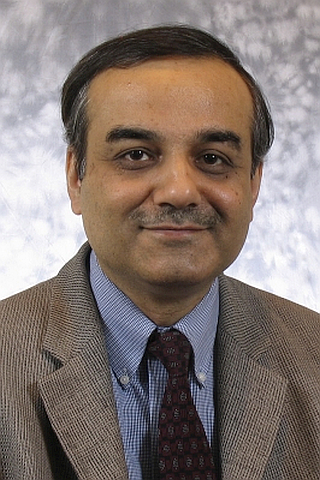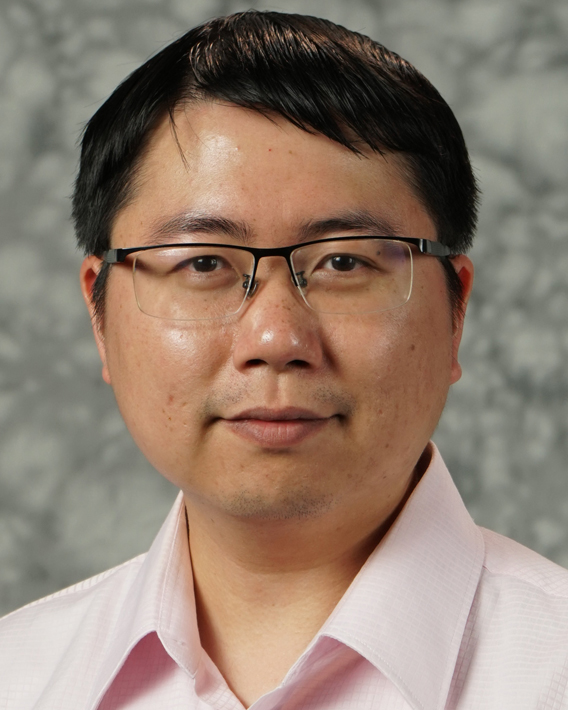J. Stevenson Kenney

J. Stevenson Kenney was born in St. Louis, MO in 1962. He received the BSEE, MSEE, and Ph.D. in Electrical Engineering, all from the Georgia Institute of Technology in 1985, 1990, and 1994, respectively. Kenney has over 14 years of industrial experience in wireless communications. He has held engineering and management positions at Electromagnetic Sciences, Scientific Atlanta, Pacific Monolithics, and Spectrian. He is a Senior Member of the IEEE and the Microwave Theory and Techniques Society. In January 2000, Kenney returned to Georgia Tech as Associate Professor in Electrical and Computer Engineering. Kenney has authored or co-authored more than 100 technical papers in the areas of microwave electronics, acoustics, and signal processing.
RF and Microwave Power Amplifier DesignBehavioral Simulation and PA LinearizationAdvanced RFIC DesignPhase Shifters and Beam Forming Networks for Smart Antennas









